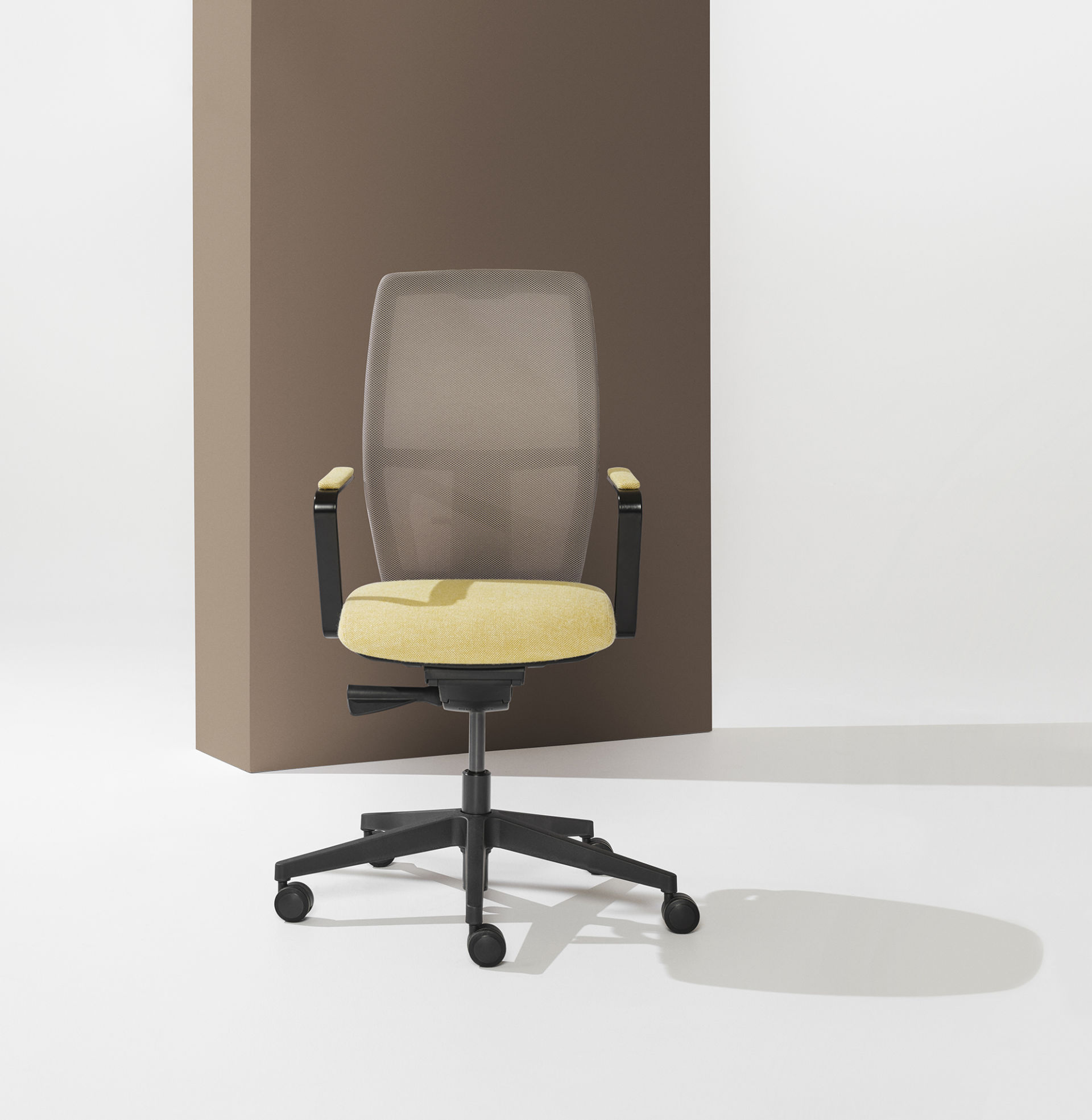STORY
New EU furniture industry regulations to keep tabs on
In the very near future, we will encounter several new EU regulations aimed at environmental and sustainability issues, and they will mean major changes for the entire furniture industry. This article addresses some of the EU regulations that will impact the furniture industry, and which producers, dealers and architects should be aware of.




